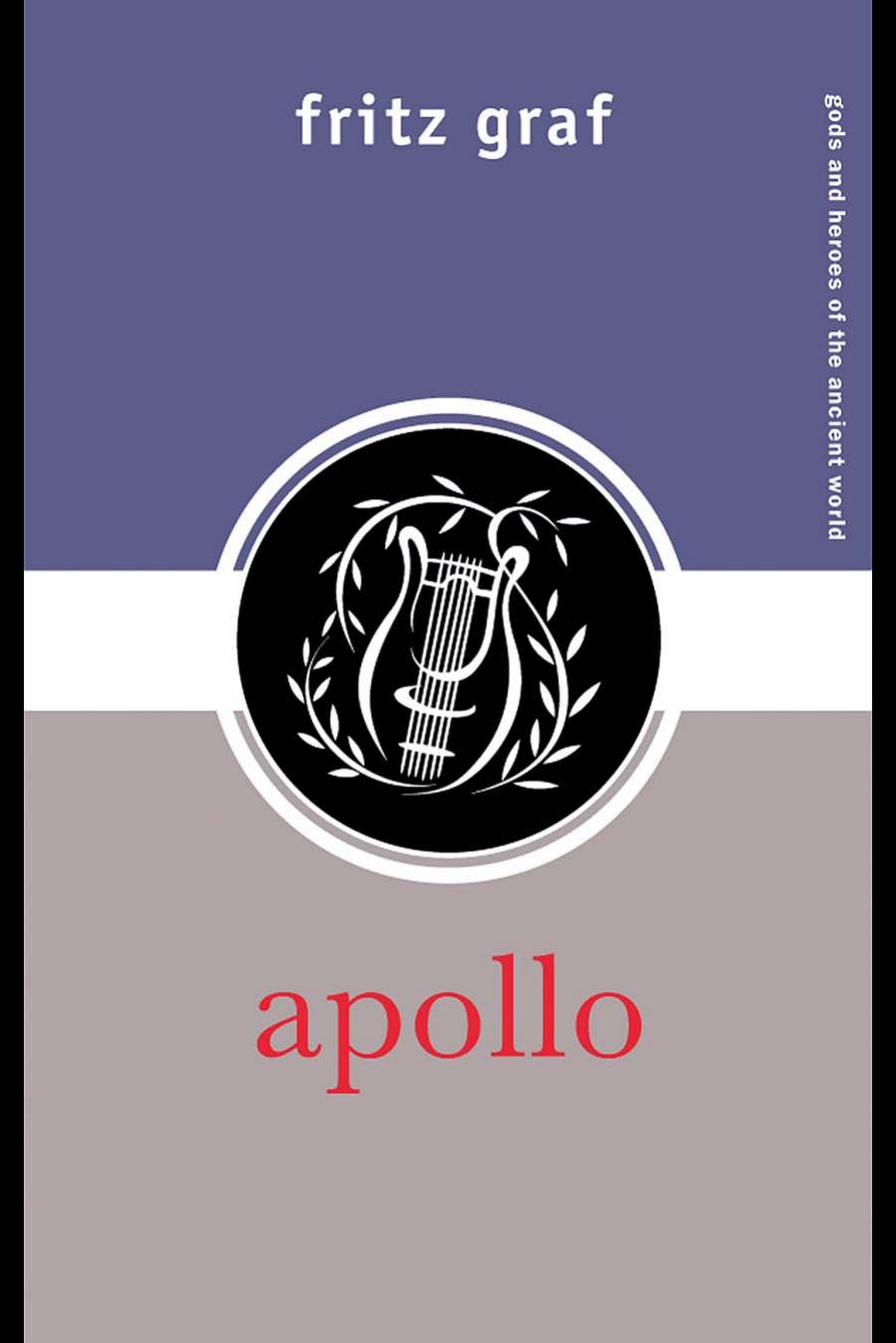Apollo by Fritz Graf

Author:Fritz Graf [Graf, Fritz]
Language: eng
Format: epub, pdf
Tags: Ancient, Reference, Humanities, General, Greece, History
ISBN: 9780203581711
Google: M2U5s4dcpFAC
Publisher: Taylor & Francis
Published: 2009-01-02T00:00:00+00:00
Two years later the Romans dedicated a temple to Apollo (Livy 4.29.7): they must have attributed the end of the epidemic – although it was more a tailing-off than a dramatic conclusion – to the Greek healer and been thankful for it, despite its long duration and catastrophic impact.
They built the temple in a place where there was already an altar to the god, an Apollinar as the Romans called it, erected as early as 449 BCE for reasons unknown to us. In the temple, they added Apollo’s mother and sister, Leto/Latona and Artemis/Diana – not surprisingly, given the very frequent Greek practice of worshipping the entire Apolline triad in Apollo’s sanctuaries. The temple stood on a high podium, as all temples did in Rome, and it was located a short distance northwest of the Capitol, at the southeastern border of the Field of Mars. At that time, the sanctuary would have been more or less isolated in an open space. Later, other temples were built close by, and in 13 BCE, Augustus inaugurated a large stone theater immediately to the west which he named after his grandson Marcellus, whose early death had crushed his hopes of making him his heir and successor. The theater is still a landmark of contemporary Rome. Next to it, visitors can still see several columns of Apollo’s temple, although not of the early Roman one. The construction of Augustus’ theater impinged rather heavily on the old sanctuary, and the temple, already restored several times over the centuries, was replaced with a more modern one.
Before Augustus built his own temple to Apollo of Actium on the Palatine, the temple of Apollo Medicus was the only temple of Apollo in Rome. The Romans regarded the god basically as a healer. He received dedications as “bringer of health” (salutaris) and “provider of medicine” (medicinalis), and the Vestal Virgins addressed him in their routine prayers as Apollo Medice, Apollo Paean to the very end of paganism.
Two centuries after the consecration of the temple of Apollo Medicus, between 212 and 208 BCE, the Romans instituted games in his honor, ludi Apollinares. This was another period of acute crisis for Rome – not because of a plague this time, but because of a foreign invader: Rome was engaged in a desperate struggle against the Carthaginian army of Hannibal, but things were not going well for them. In fact, the Romans later regarded this war, the Second Punic War (218–201 BCE) as the longest and most dangerous of the many wars they had to fight. As often happened during the long agony of this struggle, oracles were consulted to help Rome hobble along after yet another set-back. Both the Sibylline books and the oracles of an ancient seer, Marcius, recommended that the Romans turn to Apollo and institute games in his honor. At first, these games were held annually but on varying dates, whenever the god’s help was needed. But when yet another epidemic hit Rome in 208 BCE, the senate decided to perpetuate the games and gave them a firm date, July 13.
Download
This site does not store any files on its server. We only index and link to content provided by other sites. Please contact the content providers to delete copyright contents if any and email us, we'll remove relevant links or contents immediately.
The Vikings: Conquering England, France, and Ireland by Wernick Robert(79845)
Ali Pasha, Lion of Ioannina by Eugenia Russell & Eugenia Russell(40102)
The Conquerors (The Winning of America Series Book 3) by Eckert Allan W(36960)
The Vikings: Discoverers of a New World by Wernick Robert(36903)
Cecilia; Or, Memoirs of an Heiress — Volume 1 by Fanny Burney(32396)
Cecilia; Or, Memoirs of an Heiress — Volume 3 by Fanny Burney(31775)
Cecilia; Or, Memoirs of an Heiress — Volume 2 by Fanny Burney(31743)
Empire of the Sikhs by Patwant Singh(22922)
The Secret History by Donna Tartt(18787)
Hans Sturm: A Soldier's Odyssey on the Eastern Front by Gordon Williamson(18448)
Cat's cradle by Kurt Vonnegut(15126)
Pimp by Iceberg Slim(14252)
Sapiens: A Brief History of Humankind by Yuval Noah Harari(14183)
Talking to Strangers by Malcolm Gladwell(13156)
Norse Mythology by Gaiman Neil(13154)
Leonardo da Vinci by Walter Isaacson(13127)
4 3 2 1: A Novel by Paul Auster(12245)
Underground: A Human History of the Worlds Beneath Our Feet by Will Hunt(11992)
The Radium Girls by Kate Moore(11886)
